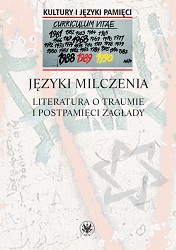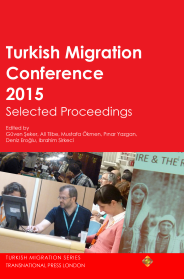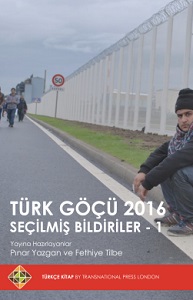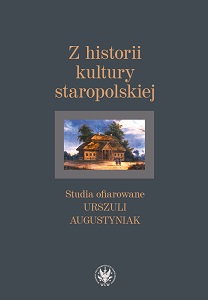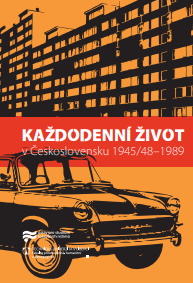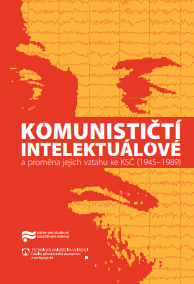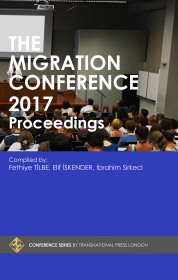
The Points of Continuity: Muslim Migration from Monarchist and Socialist Yugoslavia to Turkey
My paper points out some (unexpected) similarities in migration of Yugoslav Muslims to Turkey during the two ideologically opposed regimes: the monarchist (1918-1941) and the early-socialist Yugoslavia (1945-1955). In both cases the migration was a state-facilitated process, as Yugoslav primary sources have shown. Despite a kind of international benevolence towards the de-Ottomanization of the Balkans, the Yugoslav Kingdom attempts in demographic engineering sharpened its ethnic and religious boundaries, compromising its own minority policy at the same time. Although the uncontrolled emigration was legalized after the YugoslavTurkish Convention was signed in 1938, many manipulative factors have survived. Treating Kosovo Albanians as ‘people of Turkish culture and language’ enabled their legal expatriation and relocation to Asia Minor during the both interwar and postwar years. Furthermore, the expected improvement of their social status was why many ethnic Albanians declared their nationality or even mother tongue differently, depending on current propositions for emigration. This circumstance was systematically abused by both Yugoslav states in a very similar manner which I intend to show. Owing to restriction of their civil and religious rights, cultural and educational marginalization, the growing waves of Turkish and Albanian migrants continued to move towards Turkey within the two decades after the Second World War.
More...
